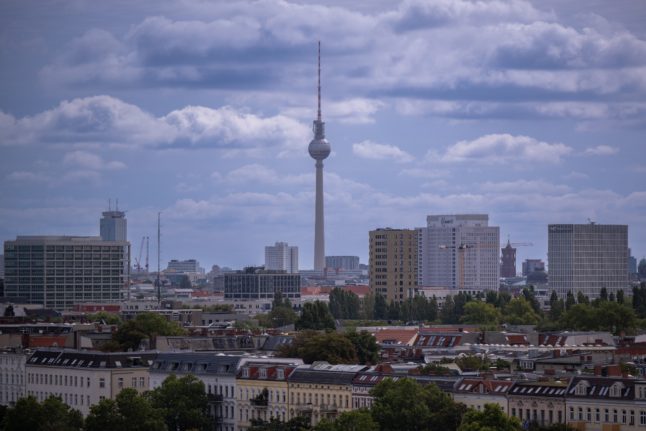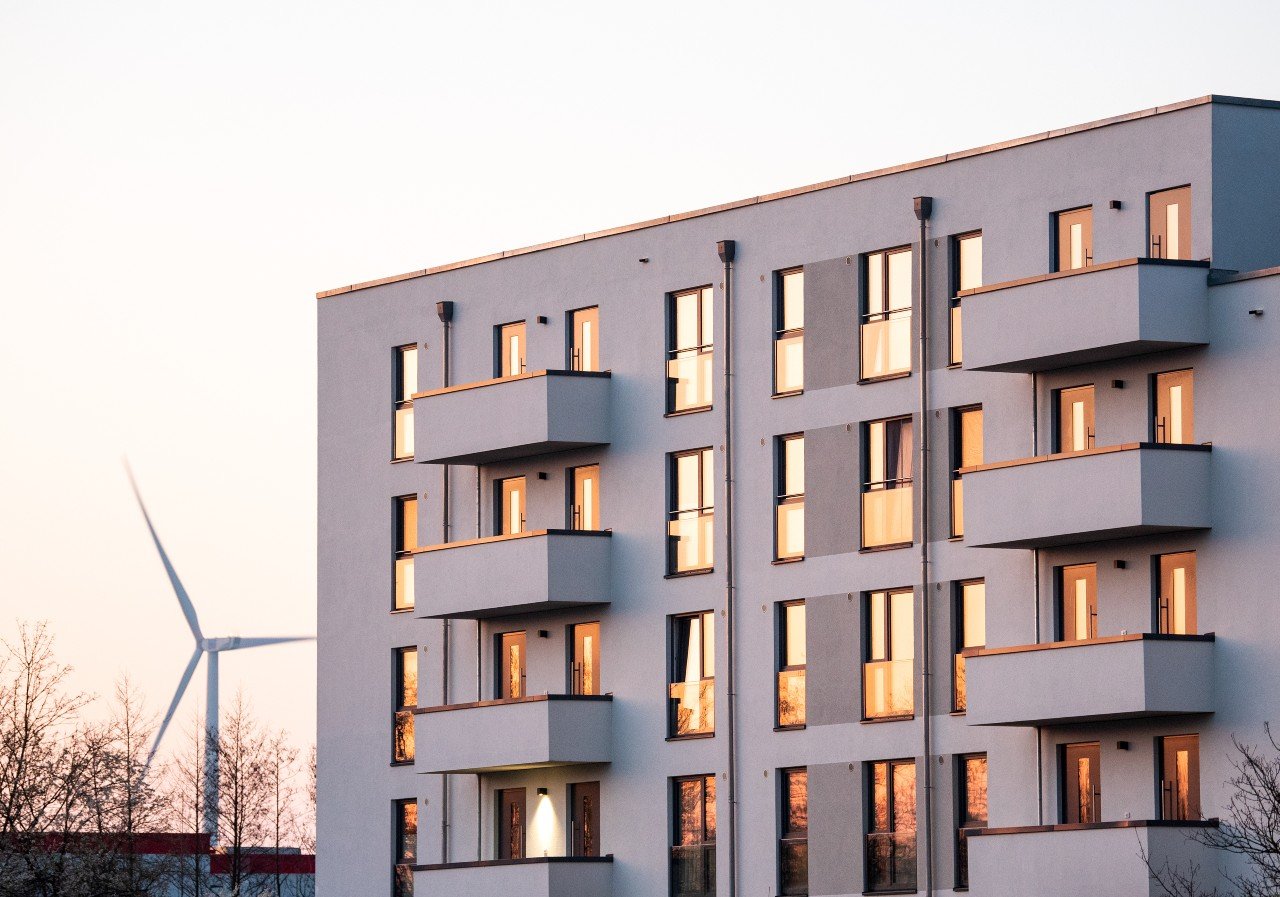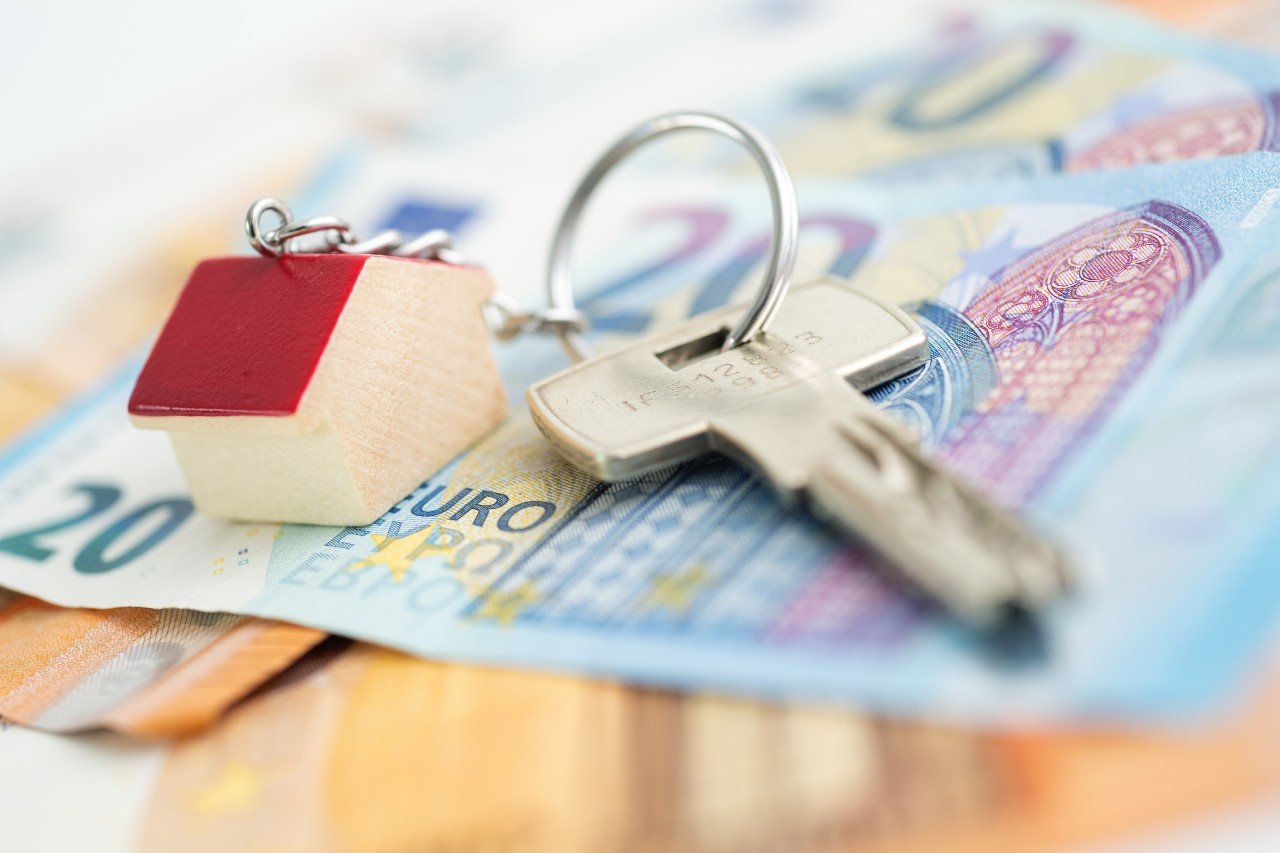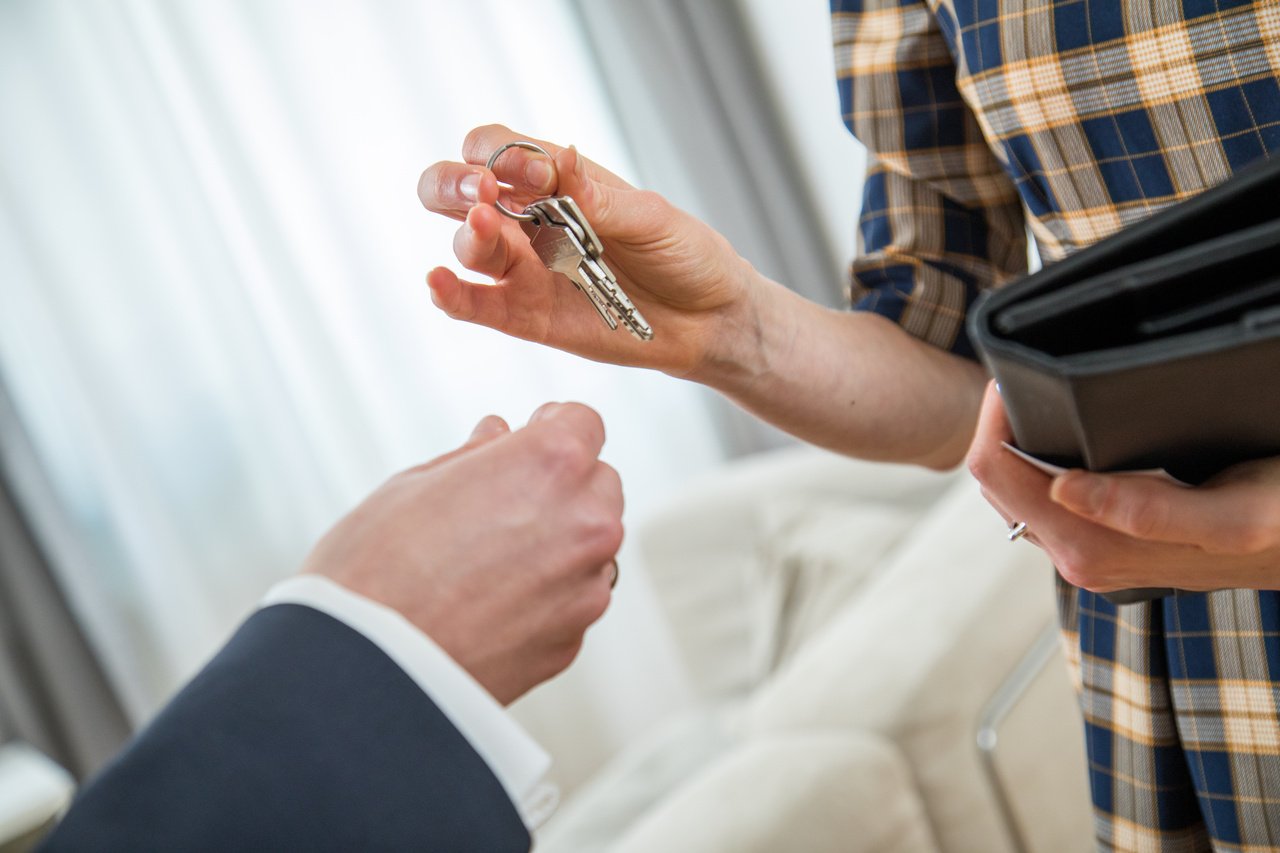Both Austria and Germany are German-speaking countries with similar cultures and a high standard of living.
But in many ways, the similarities stop there and life in Austria can be very different to Germany (and vice versa) – depending on which part of the country you live in.
So which of these two Central European countries are better to move to? Let’s find out.
Taxes
The tax systems in both Austria and Germany are complicated, so it will of course depend on your individual circumstances as to where you’d pay less tax.
In Austria, the general income tax rates for 2022 are:
0 percent for up to €11,000 in earnings.
20 percent for €11,000 to €18,000.
32.5 percent for €18,000 to €31,000.
42 percent for €31,000 to €60,000.
48 percent for €60,000 to €90,000.
50 percent for €90,000 to €1,000,000.
55 percent for earnings above €1,000,000.
FOR MEMBERS: Explained: How to understand your payslip in Austria
While in Germany the tax rates for 2022 are:
0 percent for earnings up to €9,984.
14 to 42 percent for €9,985 to €58,596.
42 percent for €58,597–€277,825.
45 percent for €277,826 and above.
As you can see, it’s likely you will end up paying more income tax in Austria than in Germany – especially in the higher earnings brackets.
Then there are mandatory social security payments to consider, which cover healthcare, pension and unemployment insurance.
In Austria, both the employer and the employee are required to pay social insurance contributions. The amount will depend on income up to a ceiling amount of €62,640 per year or €5,220 per month.
In Germany, there is a similar system (both employer and employee pay) and the average total social insurance contribution for employees is around 20 to 22 percent of your annual salary.
In the case of self-employment, individuals in both Austria and Germany make payments directly to the social insurance provider.
How much you ultimately pay in taxes and social insurance will depend on how much you earn. In Austria you can expect to pay out around 30 percent of your gross earnings, while in Germany the amount is usually slightly higher, i.e. 36-38 percent.
READ MORE: Everything you need to know about your German tax return

Visas
For people from non-EU countries that want to move to either Austria or Germany, a visa is required.
In Austria, there are three types of work permit to apply for: restricted (for one year), standard (two years) and unrestricted (for five years). What you can get will depend on your situation.
There are also student and graduate visas, as well as a start-up founder route, which requires a €50,000 investment in a company.
Another investment-style visa in Austria is known as the Self-Employed Key Worker permit and involves investing €100,000 into the Austrian economy, as well as the creation of new jobs or technologies.
FOR MEMBERS: How to apply for a residency permit in Austria
In Germany, there are several visa routes including a job seeker permit for recent graduates of a recognised university, study permit, work visa, au pair visa, internship visa or a self-employment/freelance permit.
Like in Austria, there is also an investment route in Germany for people that want to set up a business in the country. There is no official minimum amount of investment but there is a recommendation that it should be at least €360,000.
In Germany, there is also the ability to apply for dual citizenship. The law currently allows EU citizens to take German citizenship without relinquishing their country of origin, but the government has pledged to overhaul the rules to allow all eligible foreigners to apply for dual citizenship in Germany.
In Austria, dual citizenship is only allowed in very few cases, so Germany comes out on top in this round.
Digital nomad friendly?
Unlike Italy, which recently announced the launch of a new digital nomad visa, there is no specific visa for digital nomads in either Austria or Germany.
However, Germany does have a freelance visa called Aufenthaltserlaubnis für selbständige Tätigkeit. It allows freelancers and self-employed people to live in Germany for up to three years, and costs €100 to apply.
There are several different categories of self-employment, such as journalists or artists, but keep in mind that these do differ from state to state.
Applicants also need proof of self-sustainability (income) and an address in Germany.
Austria, on the other hand, has the Self-Employed Key Worker visa (detailed above) but it requires a financial investment and is not really suitable for digital nomads, so Deutschland wins this one.
Cost of living
Both Austria and Germany are known for having a high cost of living.
However, Germany is significantly cheaper for some everyday items like bread and domestic beer. Germany is also cheaper than Austria when it comes to eating at restaurants, but is much more expensive for items like rent and petrol.
Here is a breakdown of some of the average living costs in both countries, according to Numbeo.
Austria
Rent (one-bedroom apartment, city centre): €723
Loaf of bread: €1.94
Domestic beer: €1.07
Utilities (monthly): €217
Petrol (1 litre): €1.71
Meal for two at mid-range restaurant: €55
READ MORE: Austria unveils €2 billion relief package to fight rising cost of living
Germany
Rent (one-bedroom apartment, city centre): €886
Loaf of bread: €1.63
Domestic beer: €0.57
Utilities (monthly): €234
Petrol (1 litre): €2.20
Meal for two at mid-range restaurant: €50
Please be aware that these average costs can increase in larger cities or popular tourist destinations, or decrease in more rural areas and smaller towns.

Lifestyle and culture
Life in Austria is very much influenced by the concept of Gemutlichkeit. In English, it means “comfort” or “cosy”, but in the context of Austrian culture it means “enjoying life”.
The benefits of this aspect of Austrian culture is that there is a healthy work/life balance in the country and people make an effort to spend time with friends and family. The downside is that there is sometimes a lack of urgency, especially with bureaucracy or official matters.
Austria is also a Catholic country, which is evident in some laws and customs, such as Sunday trading laws (most businesses are closed on Sundays) and a Church Tax.
READ ALSO: What is Austria’s church tax and how do I avoid paying it?
But then there are other elements, like Vienna’s famous coffee house scene and the outdoors lifestyle that can be enjoyed in the mountains. The result is a culture that is rooted in tradition while also looking on the bright side of life.
Germany, by comparison, is a much bigger country with a more diverse culture, especially between regions like traditional Bavaria (which has a similar culture to Austria) and Berlin, which is home to a modern international population and a party-loving crowd.
The differences in Germany can be pronounced. While it may be hard to communicate with someone in English in smaller towns of the former east of the country, ordering in German in some parts of Berlin will be met with a blank stare and a request to speak English.
However, there are a few aspects of German culture that apply across the country. For example, people are generally punctual and hardworking, and they like to take care of each other and have fun.
There are a couple of false stereotypes about German culture too – most notably that the people are cold. The reality is that most Germans are friendly and welcoming, even if there is a tendency to be honest which can at first be difficult to get used to.
When it comes to whether Austrian or German culture is better, it depends on what you’re looking for. If you want big cities and more professional opportunities, go to Germany. If you want a smaller country with interesting traditions, then Austria is the place to be.
Nature and landscapes
Germany might have the Bavarian Alps with the Zugspitze rising to 2,962 feet above sea level, but that’s nothing compared to Austria’s Grossglockner mountain which is 3,798 metres above sea level.
But Germany does have a coastline along its northern borders – something that land-locked Austria can’t compete with.
Germany’s coast is split between the Baltic Sea and the North Sea and stretches for over 3,700 km – including islands and bays. Just don’t expect Mediterranean vibes in northern Germany.
While temperatures can be warm in the spring and summer months, both the Baltic Sea and North Sea are cold waters. This doesn’t stop German holidaymakers though who flock to the white sand beaches and pretty islands along the country’s northern coastline every summer.
So if you would like to live in a country with the possibility of one day living by the sea (without having to relocate elsewhere), then Germany is the place to go.
On the other hand, if the mountains are calling, then head to Austria where you can spend your days exploring the Alps.







 Please whitelist us to continue reading.
Please whitelist us to continue reading.
Highly interesting insights! Thanks for sharing Hayley!